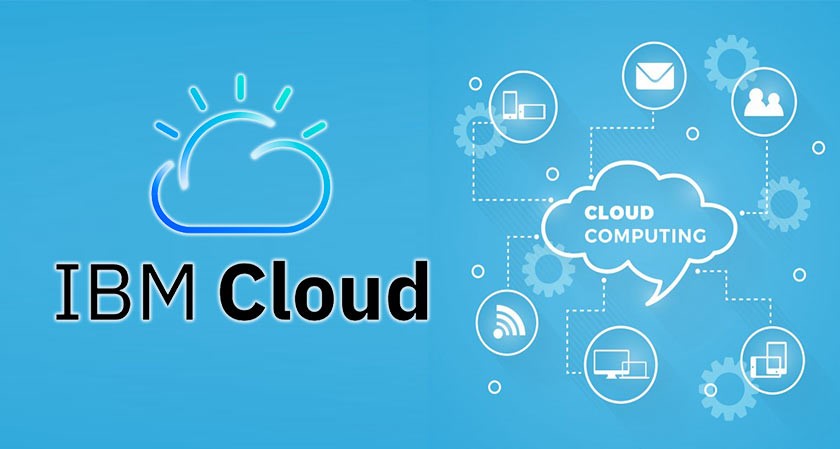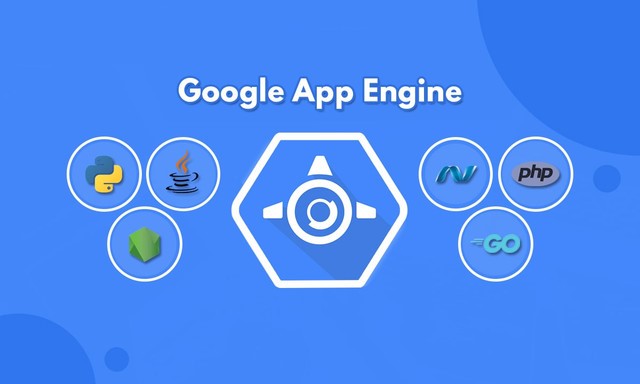Salesforce
Salesforce, Inc. is a cloud computing and social enterprise software-as-a-service (SaaS) provider based in San Francisco. Founded in March 1999 by former Oracle executive Marc Benioff, Parker Harris, Dave Moellenhoff and Frank Dominguez, the company started off as a customer relationship management (CRM) platform vendor. Salesforce has transformed into a SaaS powerhouse over time, offering multiple cloud platforms that serve specialized purposes. In August 2022, Salesforce announced it had revenue of $7.72 billion, growing 22% year over year.
The main premise behind Salesforce is to deliver affordable CRM software as an online service. Before Salesforce, most companies hosted CRM software on their servers or used local resources, which required a great deal of time and financial investment.

Figure 1. Amazon Elastic Compute Cloud
Figure 1. shows Salesforce offers a pay-as-you-go subscription model and houses all the data in the cloud, which makes it easily accessible from any internet-connected device. Contact Salesforce for pricing information.
Why is Salesforce used?
Salesforce enables organizations of every size and industry to better understand and connect with their customers at a deeper level and grow their customer base. Businesses typically integrate Salesforce into their ecosystem so employees can share customer views from any device, regardless of their department or location.
Salesforce provides a 360-degree view of the customer lifecycle with streamlined workflows, centralized cloud-based data management and real-time tracking of customer analytics. According to Salesforce, more than 150,000 companies -- from small businesses to Fortune 500 companies -- use its secure and scalable cloud platform.
For example, Pardot, which was renamed Marketing Cloud Account Engagement in April 2022, is a Salesforce business-to-business (B2B) marketing automation tool that's designed to help organizations accelerate their sales with better sales intelligence, generate high-quality leads with powerful marketing tools, automate lead qualification and nurturing, and track campaign performance.[1]
Salesforce tools and services are commonly referred to as “clouds”. The platform offers six major types of clouds: Sales Cloud, Marketing Cloud, Commerce Cloud, Service Cloud, Experience Cloud, and Analytics Cloud.
There are many types of clouds in Salesforce for specific applications and industries, including a new Vaccine Cloud for managing COVID tests and vaccines. Salesforce Clouds are utilized in many industries including healthcare, financial services, retail, telecommunications, education, manufacturing, etc.
Read on to learn more about the different types of Salesforce Clouds and how these platforms manage your company’s sales, marketing, and customer relationship.
Businesses can use Salesforce Clouds as a standalone solution to help a specific department increase efficiency and productivity by having a single location to record all operational data.
The charm of Salesforce products lies elsewhere. All of the clouds share the same database instance. They are connected and allow data to flow freely across applications.
This way, the Sales team can recognize the Marketing department’s efforts and build upon them. One united platform to help all departments across the organization work together is the biggest strength of Salesforce.
The Salesforce team at Scalefocus has vast experience with cloud-based CRM and all sorts of cloud computing projects that have helped our partners drastically improve their sales processes.[3]
References:
- https://www.techtarget.com/searchcustomerexperience/definition/Salesforcecom
- https://www.scalefocus.com/blog/6-types-of-salesforce-clouds
Cite this article:
Gokula Nandhini K (2023), Salesforce, AnaTechmaz, pp.5





